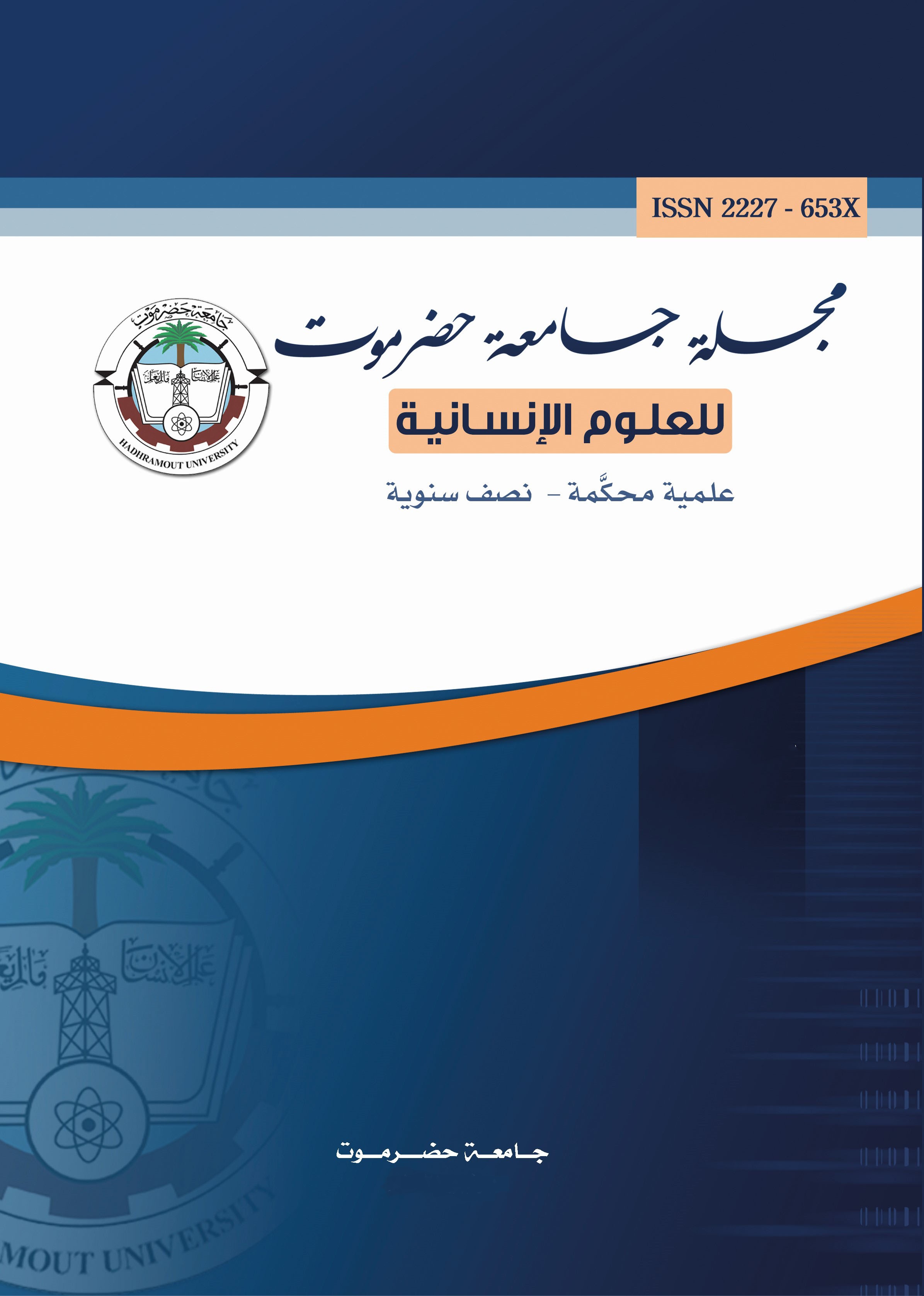Traumatic Memory: Migration, Racism and History in Abdulrazak Gurnah’s Pilgrims Way
“Life is not what one lived, but what one remembers and how one remembers it in order to recount it.” G. Garcia Marquez
Keywords:
Abdulrazak Gurnah, postcolonialism, trauma, memory, migration, racismAbstract
This paper discusses the representation of traumatic memory in Abdulrazak Gurnah’s narrative Pilgrims Way (1988), from a postcolonial perspective, in relation to migration, racism and history. Daud, the protagonist, is a Tanzanian Muslim emigrant who encounters racism that makes him incapable of adjustment to his status quo in England. The coexistence of the past (via memory) and the present in England highlights facts of migration, racism and history. It is through memory, which revives the past and its catastrophes, that Daud condemns colonialist practices in his homeland. However the traumas of the past have developed a homophobia complex in him. His involvement with the British white Catherine Mason is two-faceted: the first is to assert his worth in a racist society; and the second is to forget or, rather, repress his traumatic memories of his native Zanzibar’s post-decolonizing catastrophic genocide and riot of 1964. Unconsciously, traumatic memories come, as the narrative proceeds, to haunt Daud’s life. Moreover, the flashbacks to history have to be understood as undergoing a traumatic encounter. Yet, the protagonist attempts, on rare occasions, to recuperate nostalgically a vanishing pre-colonial utopian homeland to escape the discontents of the present meaningless alienation and displacement. However, memories recuperation may imply a traumatic operation, a recreation of painful colonial and postcolonial history.




